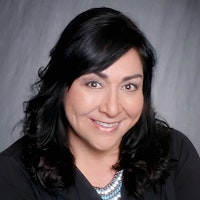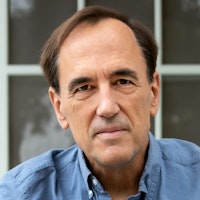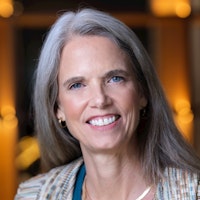
Show Notes
Each year brings more destructive natural disasters and growing evidence of the challenging future we face if we don’t address climate change. But the biggest cause of climate-related deaths is one that’s hard to see and hardly talked about. Extreme heat killed more than 2,000 people in the United States in 2023 and put intense stress on millions as they faced high costs of utilities and numerous life interruptions. Federal, state and local policy hasn’t kept up with rising temperatures and the scale of the heat threat, and cities are scrambling to adapt and prevent more deaths. In this panel from the 2024 Aspen Ideas Festival, the chief heat officer for Miami-Dade County, Jane Gilbert, joins the chief heat officer for the city of Los Angeles, Marta Segura, to share their learnings and innovations in these brand new positions. Rolling Stone journalist Jeff Goodell, the author of “The Heat Will Kill You First,” brings a wider lens to the issue. NBC News correspondent Liz Kreutz moderates the conversation.
Explore
Related episodes
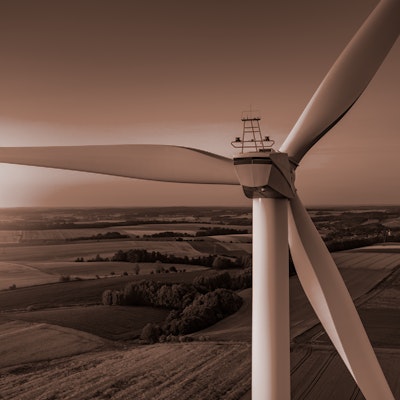

If we do absolutely nothing to mitigate climate change, scientists estimate the toll could be $38 trillion a year in damages. Industrialized countries like the United States, China, Russia and European nations are the biggest contributors to the problem, but as things stand, they probably won’t pay most of the costs from catastrophes that happen in other parts of the world...
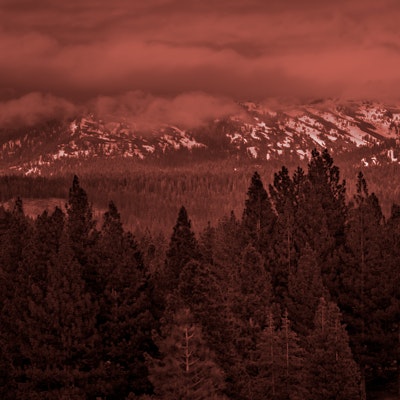

Climate change is demanding an extraordinarily rapid transformation of human society, and we don’t have a manual. The people who have done the least to cause the problem are the people who will be feeling it most, and that pattern of inequality exists both within and between nations. Mapping a course to an adapted planet is an incredibly complex task that requires the coop...

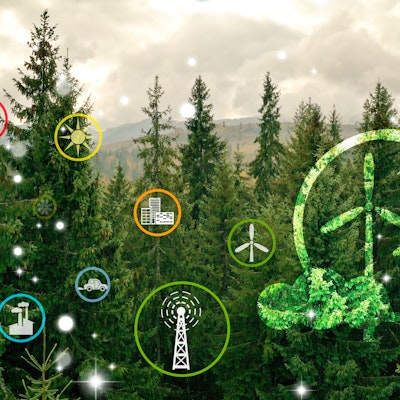
Climate change catastrophes are already happening with increasing regularity, and it’s clear we need to take action. The Biden administration has set a target of zero carbon emissions in the United States by 2050. Reaching that ambitious goal will require a major transition in many sectors, including energy, agriculture, transportation, manufacturing and construction. John...


Even people who agree that climate change is a problem don’t necessarily agree on what to do about it. And some people still need a little more convincing that the threat is as serious as climate scientists and activists have been telling us it is. It can be difficult for skeptics with serious, well-intentioned questions to find a forum for getting answers. New York Times...


Heat waves. Wildfires. Floods. This summer has served up some of the most extreme weather on record, and it’s clear many of us are overwhelmed by climate change news. We usually hear more about problems than solutions, and it’s often difficult to find helpful information about managing our fear and discomfort. Alaina Wood is a scientist and climate communicator, known for...






